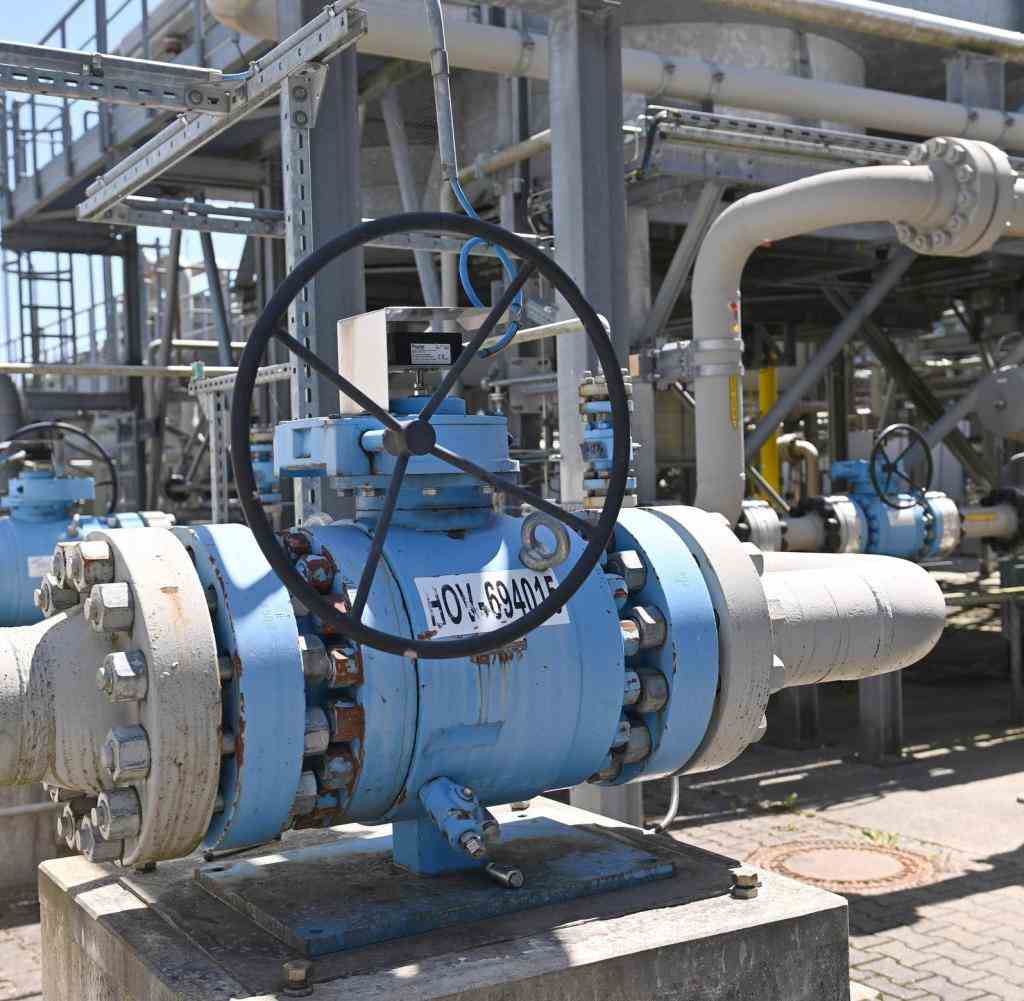Norwegian government ends strike by oil and gas workers
Network agency fears total failure of Russian gas supplies
Beer is getting more expensive. This is also due to the high energy prices. The big concern: Russia could soon turn off the gas tap completely. Chancellor Olaf Scholz speaks of a “historic challenge”.
EU countries are increasingly dependent on oil and gas from Norway, but workers went on strike on Tuesday in the midst of the energy crisis. The government intervened that same day and ended the strike.
In Norway the government has ended a strike by oil and gas workers fighting for higher wages in Norway. The government intervened, union leader Audun Ingvartsen told Reuters on Tuesday evening. Staff would return to work as soon as possible.
The Norwegian Ministry of Labor previously announced that it would be able to end the strike in exceptional circumstances. Against the background of the Ukraine war, European countries are dependent on oil from Norway. The strike triggered major concerns about Europe’s security of supply.
By midnight the Norwegian oil and gas workers had stopped work. Members of the Lederne union, which represents around 15 percent of offshore workers, had rejected a collective bargaining agreement negotiated by companies and union leaders. The other Norwegian unions, on the other hand, accepted him and do not want to go on strike.
The industrial action initially began on three fields – Gudrun, Oseberg South and Oseberg East and was originally intended to be extended to three other fields. It will not come to that now. According to the Norwegian energy group Equinor, 89,000 barrels of oil equivalent per day are being produced from the three fields struck on Tuesday, of which 27,500 are for gas production.
For the EU countries, the work stoppage came at an inopportune time, as they are dependent on more gas from Norway due to a lack of Russian supplies. Both sides want to intensify cooperation in order to ensure additional gas supplies from Norway in the short and long term, the EU and Western Europe’s largest gas producer announced at the end of June. For example, Russia has stopped deliveries to Poland and the Netherlands, among others, because these countries have rejected the new payment methods in rubles introduced by the government in Moscow.
Due to the supply cuts, Norway has already ramped up its gas production and said it will increase its sales by eight percent this year. The EU has so far imported around 20 percent of its gas from Norway. Around 40 percent came from Russia before the Russian invasion of Ukraine on February 24.
“Kick-off Politics” is WELT’s daily news podcast. The most important topic analyzed by WELT editors and the dates of the day. Subscribe to the podcast at Spotify, Apple Podcasts, Amazon Music or directly via RSS feed.



